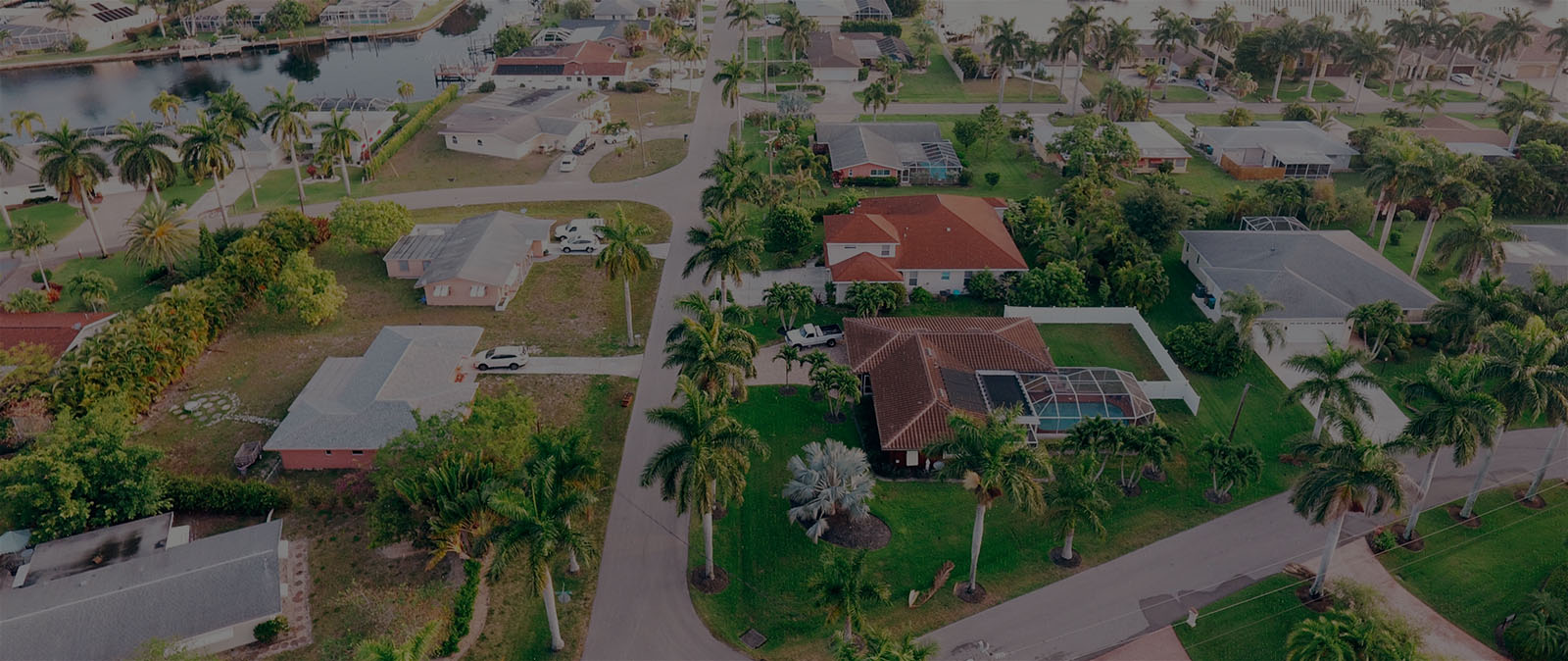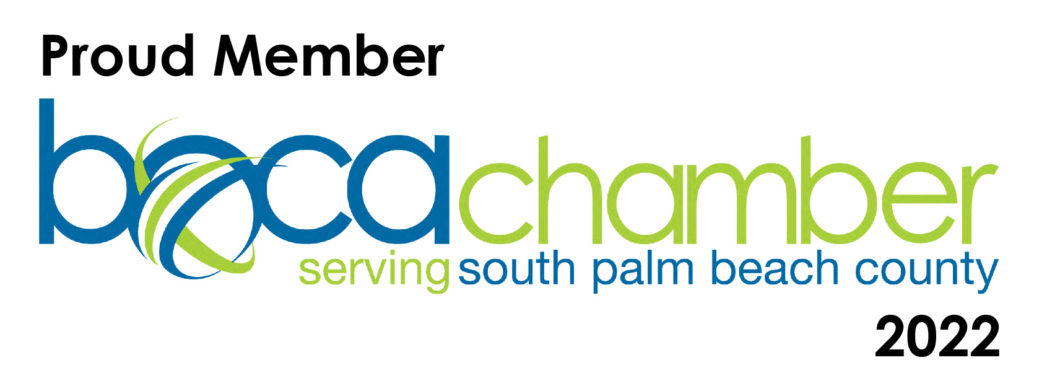Eminent Domain in Florida: A Quick and Easy Guide
Eminent domain is the right of the government to take private property for public use. It is a power that is vested in the executive branch of the government and is intended to promote economic development. In the state of Florida, the right of eminent domain is vested in the Department of Transportation (FDOT). The department may condemn property for the purpose of constructing improvements such as roads, bridges, schools, libraries, hospitals, utilities, or other important infrastructure that benefits the public or promotes economic development.
Easements are another type of property interest that may be acquired through eminent domain. An easement is the right to use someone else’s property for a particular purpose. For example, the Department of Transportation may acquire an easement for the purpose of constructing or improving roadways, drainage, and new power or water lines.
The Process of Eminent Domain in Florida
The State of Florida will first have to prove that taking or condemning your property is in the public’s interest. If the FDOT cannot prove that your specific property is also a necessary part of their plan, then they cannot use the powers of eminent domain. If they can prove both, then the property owner must be paid just compensation. This compensation is typically the most debated part of the eminent domain process, and arguably the most important.
If you find yourself in discussions with the government over the acquisition value of your property, you must be careful about any evaluations or claims you make. If you do not find their offer fair and equitable, then any mistakes you’ve made during negotiations may be used against you in court.
Your Rights as a Property Owner
As a property owner, you have the right to receive just compensation for your property if it is taken by the government through eminent domain. You also have the right to challenge the government’s decision to take your property if you do not come to an agreement, as discussed earlier. But, there are other rights to keep in mind when considering a property’s value. These include oil, mineral, crop, and other substances of value that are strictly tied to your land. Even riparian rights, or the right to access and view water, must be evaluated if applicable.
What to do if You Receive a Notice of Eminent Domain
If you receive a notice of eminent domain, it means that the government plans to take your property for public use. Since Florida law is advantageous to property owners, the government must reimburse any and all attorney’s fees at the conclusion of an eminent domain case. This is why you should speak with an attorney to learn more about your rights as soon as possible. You may be entitled to just compensation for your property, and an attorney can help you negotiate with the government to get the best possible outcome.
Other costs that may be incurred in determining your property’s value include appraisal fees, accounting fees, damages to the property or business, and other fees related to experts hired for determining monetary worth. At the end of the day, an attorney will be able to guide you.
What If You Disagree with the Appraisal?
If you disagree with the appraised value of your property, you have the right to challenge it in court. This is where obtaining an attorney is very important, because a legal professional understands all of your rights afforded to you under Florida statutes. The ultimate determination of fair market value may become the responsibility of a jury, which may not be accurate according to one or both sides. If you, the property owner, feel the compensation awarded is insufficient, then there is an appeal process available.
The Condemnation Process
The condemnation process is the legal process by which the government takes property through the legal process of eminent domain. The process begins with the government acquiring a “taking” order from a court, which takes time. The order gives the government the right to take the property as long as the property owner is fully compensated, including costs related to moving, severance damages, and attorney’s fees. Remember, a forced takeover of one’s property only comes into play if both sides cannot come to an agreement.
In some cases, a “quick take” might be exercised by the government, through the court system, which allows the FDOT to take the property before a final hearing. This proceeding is a condensed trial in front of a judge, not a jury, and allows the government to make their claims and offer fair market value of a property to immediately acquire it. The property owner is allowed to be heard before an entry of the court’s order on a quick take, which is another reason having an attorney is highly recommended.
Get Help from an Attorney
If you are about to be subjected to eminent domain, you should speak with an attorney right away. They can help you comprehend your rights under federal and state law, the different choices available to you, and the condemnation process. Not to mention, being subjected to an eminent domain matter should cost you nothing in legal fees.
Just remember, time is always of the essence in cases like eminent domain, especially if you’re considering an inverse condemnation case, which has a four year limit. Just be aware that in an inverse case, if the jury doesn’t reverse a decision, then the property owner will be responsible for any attorney’s fees. If the jury sides in a property owner’s favor, then attorney’s fees may be recovered.
No matter where you are in an eminent domain case, our experienced attorneys will help, advise, and guide you through the legal processes, while also assisting in preparing the necessary documentation.
Call our experienced attorneys today at (561) 207-2018 for a free and confidential consultation. Alternatively, you can email us at [email protected].







